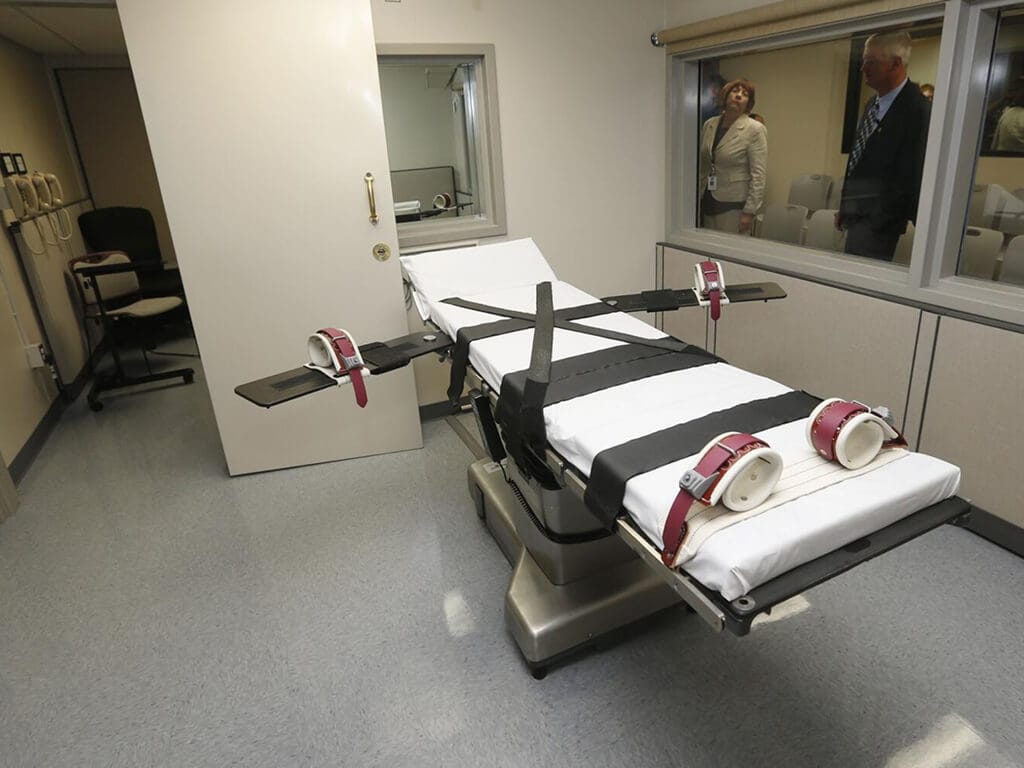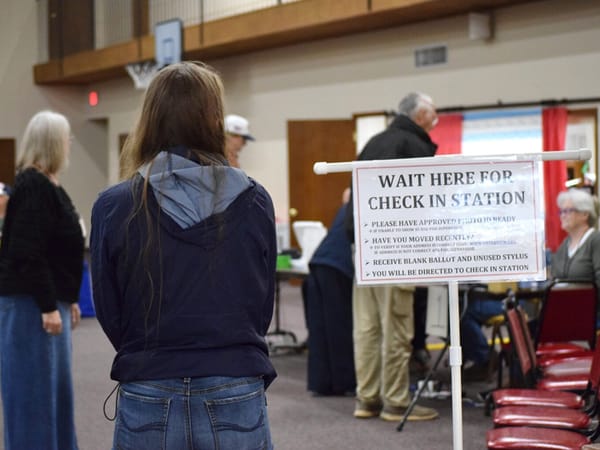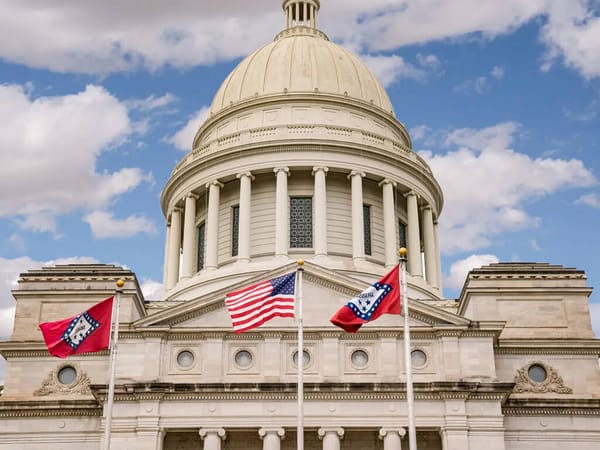Death Row Inmates Challenge Arkansas’s New Nitrogen Execution Law
Death row inmates in Arkansas are challenging Act 302, the new law authorizing executions by nitrogen gas. The lawsuit raises constitutional and ethical concerns over the method’s potential for suffering.

While authoritarian governments, and some Islamic countries as well, treat executions as little more than an extension of governance, liberal democracies face the practice in a far more unsettled way. Capital punishment remains a source of unease, argued in legislatures and tested in courts, caught between the pull of tradition and the weight of conscience.
Where the death penalty persists, it raises questions that defy simple answers. Should a modern society continue to claim the right to kill? And if so, how can it carry out that act without betraying its own ideals of dignity and restraint?
In recent decades, states that retain capital punishment have often reframed their laws in the language of mercy, searching for methods that promise less pain, if not true gentleness. What was once defended as a stark warning, with an execution presented as deterrent and even as spectacle, has shifted toward a quieter reasoning: that even in a condemned person’s final moments, the state should present itself as humane.
Arkansas Finds a Way to Execute
Arkansas is among the states where capital punishment remains legal, and debate over how it should be carried out continues. In March, lawmakers passed Act 302, authorizing nitrogen gas as a new execution method. State officials have promoted the approach as modern, quick, and painless.
Not everyone agrees. Several inmates on death row have filed a legal challenge, warning that the law could subject them to unnecessary suffering. They argue that even those sentenced to die are entitled to a process that is as humane as possible.
On Tuesday, August 5, death row inmates filed a lawsuit seeking to block Act 302. The law allows executions through nitrogen hypoxia, a method in which the inmate breathes pure nitrogen, cutting off the body’s oxygen supply. Critics point to Alabama’s recent use of the method, where concerns were raised about pain and distress during executions.
Arkansas has become the fifth state to authorize executions using nitrogen gas. Alabama was the first, carrying out five executions with the method since last year. In March, Louisiana used nitrogen hypoxia for the first time to execute a man convicted of a 1996 murder. Mississippi and Oklahoma also permit the method, although neither has put it into practice. Alabama’s use of nitrogen gas is now facing a federal court challenge, and Arkansas may soon come under similar scrutiny.
Legal Challenges and Constitutional Questions
Attorneys representing the inmates argue that Act 302 violates the Arkansas Constitution by giving the Division of Correction the authority to choose between lethal injection and nitrogen gas. They also contend that the law provides no detailed guidance on how nitrogen gas should be obtained or administered.
Retroactivity is another central issue. The inmates note that they were originally sentenced to die by lethal injection, and applying nitrogen hypoxia retroactively would be unlawful. Their attorneys warn that without clear procedures, the new method risks causing unnecessary pain and suffering.
Attorney General Tim Griffin has said he is prepared to defend the law.
Is This Arkansas’s Path to Resuming Executions?
According to the Arkansas Department of Corrections, about two dozen inmates remain on death row. The state has not carried out an execution since 2017, when four men were executed in rapid succession before the expiration of a key lethal injection drug.
Since then, Arkansas has struggled to obtain lethal injection drugs, as pharmaceutical companies increasingly refuse to supply them for executions. Although Act 302 is now in effect, Governor Sarah Huckabee Sanders said in April that there is no set timeline for resuming executions and indicated she is in no rush to enforce the new method.





